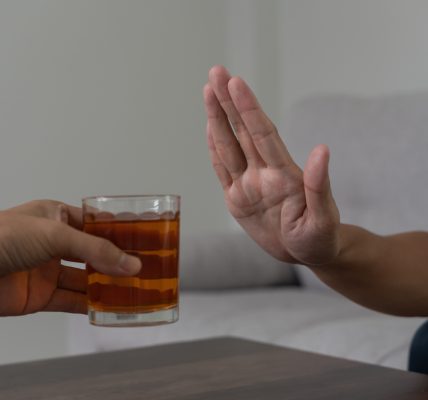Cinematherapy for Depression and Addiction

If watching movies makes you feel anything at all, then there’s a good chance that cinematherapy can make you feel better. Cinematherapy is the use of video to improve a patient’s sense of self-worth, ability to resist cravings, and build a renewed focus on the future and the possibilities it holds.
Substance use disorders beat down a person’s reward sensitivity, with the result that activities that used to be pleasant and entertaining seem flat and dull. Through conditioning, that reward system can be rebuilt, to some degree. Dr. Reinout W. Wiers has developed a form of video conditioning that involves pushing away images of illicit substances and pulling towards smarter choices. It has proven an effective addition to treatment for alcohol use disorder, reducing relapse rates by 8% to 13% one year after starting treatment.
More conventional cinematherapy, such as watching Hollywood movies, has long been used in the treatment of depression. A popular YouTube channel, Cinema Therapy, provides commentary on movies by a licensed therapist and a film director, who point out why certain scenes in certain movies are good for self-esteem building, relationship building, stress relief, or finding role models. A similar therapeutic guide to films is provided by the popular TikTok channel, @MoviesAreTherapy.
In her Ph.D. thesis, Elana Sacilotto in the Department of Brain and Behavioral Sciences at the University of Pavia in Italy explains how traditional cinematherapy works:
In classical Cinematherapy, the therapist selects a commercial film which has a metaphorical connection with the patient’s situation and advises him to see it alone or with selected people, for example, family members. The aim is to enable patients to view their problem from another perspective. By observing the characters’ behavior, they find inspiration to deal with their own problems. This informal approach avoids the patient’s resistance. This technique is successfully effective in various situations, such as family conflicts or mental disorders.
Sacilotto says that it is important that the therapist explain to the patient why they think the movie will be beneficial in their situation and what to watch for in the film. The therapist should be explicit about the skills or strengths the patient should gain from viewing. Finally, the therapist should review the movie with the patient at the next possible appointment to reinforce the learning experience.
Among the things a therapist might discuss with the patients:
- Were there characters the patient identified with?
- How is the patient’s story similar to or different from the character’s story?
- Does the patient have any insights regarding how characters handled their problems?
- Does the patient see ways in which the characters’ struggles can help guide their own struggles?
Cinematherapy derives from bibliotherapy, where therapists prescribe reading books chosen to inspire patients with stories similar to their own which end in recovery. Discussion of the book between therapist and patient then reinforces the lessons the therapist hopes will come across. The theory is that observing model behavior is the fastest way toward achieving it.
Sacilotto reviews how music videos have been used in the treatment of autism disorders to increase communication skills. The videos engage multiple cognitive functions such as memory, perception and attention, all at once.
At a home for elderly patients — including those with brain damage or in a vegetative state — a partnership with Medicinema Italia provides cinema carefully chosen for therapeutic aims. The partnership has conducted tests involving healthy participants and participants with dementia to determine the therapeutic benefits of cinematherapy. While it is a long way from conclusive, the results showed a reduction in the scores on the Beck Depression Inventory (BDI).
A little closer to home, earlier this month, ABC News aired a feature called, “How People in Recovery Are Using Movies and TV to Help Them Heal From Addiction.” The short video highlighted the work of Recovery Movie Meetups, among others. Recovery Movie Meetups “uses Hollywood movies about addiction, recovery, and mental health in group sessions to generate powerful moments that can lead to lasting therapeutic results.” The company trains facilitators and provides workbooks for participants.
The future of addiction care should and hopefully will include some cinematherapy, an enjoyable and effective method for strengthening the desire to stay in recovery.
Written by Steve O’Keefe. First published April 29, 2025.
Sources:
“Convergence between Cinematherapy and neuropsychology: exploring the use of art as a cognitive and emotional therapeutic tool,” Ph.D. Thesis, University of Pavia, January 2023.
“Cinematherapy for Depression: Exploring the Therapeutic Potential of Films in Mental Health Treatment,” The Journal of Psychology, June 18, 2024.
“How People in Recovery Are Using Movies and TV to Help Them Heal From Addiction,” ABC News, April 16, 2025
Image Copyright: Iakov Filimonov.




